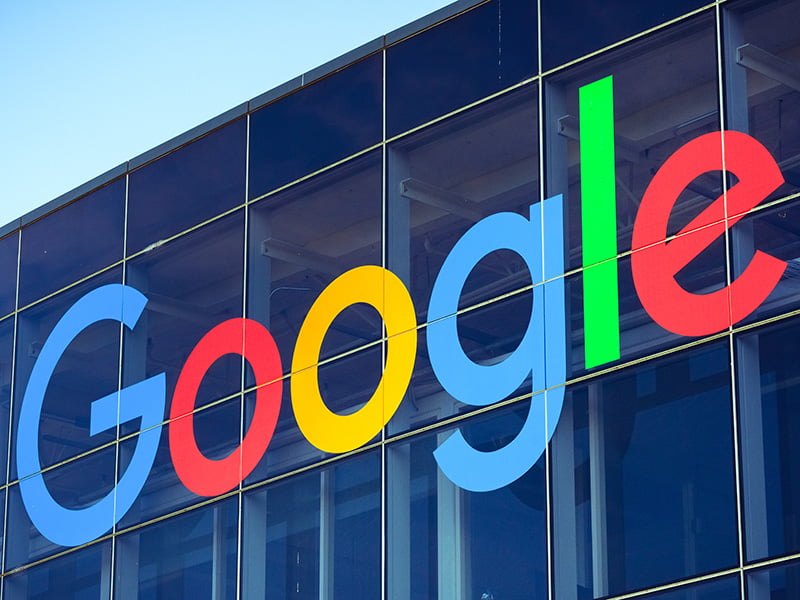Australian lawmakers will consider a new regulator, rules for algorithms and a light touch approach to the metaverse while “mapping” Big Tech over the next year. The focus is squarely on the so-called ‘Big Five’ US firms and their growing market power and influence.
The five companies – Google (Alphabet), Apple, Facebook (Meta), Amazon and Microsoft – have a reported market capitalisation of nearly AU$10 trillion dollars, and their platforms account for around half the time Australians spend online.
Senator Andrew Bragg, who will chair Senate Economics References Committee’s Big Tech inquiry, wants the Parliament to form a “stronger view” on the companies’ influence as countries around the world seek to reign in the tech giants.

The committee has released an issues paper that reveals its areas of focus, although it will be accepting submissions that go beyond those outlined in the paper.
The topics are:
- Market concentration
- The cloud
- Algorithms and transparency
- Data and privacy
- Children’s safety
- The metaverse
- International
- Big Tech disinformation
Questions posed include whether Australia should set up a new regulator to monitor platform companies, how to create more competition in the concentrated cloud market, and even if the Coalition’s ‘anti-trolling bill’ should be reheated.
Despite its title, the controversial “Anti-Trolling” bill seeks to create a new framework for responding to defamatory content rather than online safety. After much criticism, it was introduced by the Morrison government, but never brought on for debate or passed before the May election.
The Senate inquiry has asked submissions to answer whether the bill “adequately address[es] online safety and, if so, should it be reintroduced to the Parliament?”
“[Big Tech] concern has focused particularly on alleged monopolistic practices, data localisation, the regulation of ‘fake news’ distributed via online platforms, data harvesting, harmful and illegal content, and the impact of algorithms on users (for example, on the mental health of young people using social media),” the issues paper said.
“However, the primary concern is the market power of Big Tech companies, which is generating increasing unease for governments around the world.”
The Senate Economics References Committee will report on the influence of international digital platforms by the last sitting day of 2023.
Last month, Australia’s competition and consumer regulator called for sweeping changes to the regulation of digital platforms after warning of anticompetitive behaviour and a lack of user protections.
The Treasurer is currently considering the recommendations, and any changes will likely need further public consultation, setting up another year of scrutiny for Big Tech platforms in Australia.
The new issues paper said the vision for the internet in the 1990s had not “quite developed in the manner expected”.
“As a result of Big Tech’s dominance, the anticipated ‘democratisation’ of the internet has not emerged and threats to security and privacy are increasing as more and more companies have found their security precautions to have been wanting,” it said.
Do you know more? Contact James Riley via Email.

